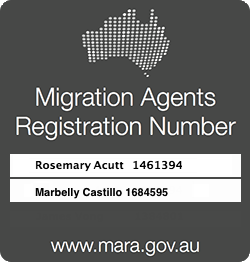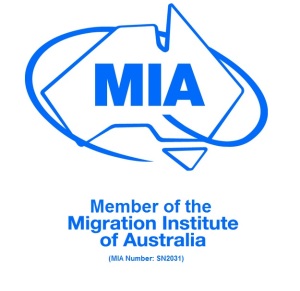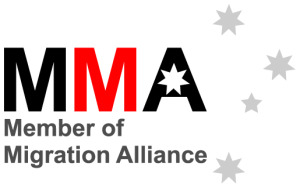For those eyeing state nomination from Queensland this year, the recent webinar hosted by the Migration Institute of Australia shed light on some key changes to the state nomination process for both the 190 and 491 visas. The session provided critical insights for applicants, offering a glimpse into Queensland’s strategic priorities and updated criteria for the upcoming financial year.
Key Highlights from the Webinar:
- Opening Date for Nominations: Queensland plans to open its nomination process for the 190 (Skilled Nominated) and 491 (Skilled Work Regional) visas in September 2024. While the exact date hasn’t been finalised, it’s expected to open by mid September.
- Limited Seats for the 2024 Financial Year: The state will only nominate a limited number of candidates, with a total of 1200 places available for the financial year:
- 600 places for the 190 visa
- 600 places for the 491 visa
This reduced cap heightens the competition, making it essential for candidates to present strong, well-rounded applications.
- Multiple Pathways Remain Available: Queensland will continue to offer various streams for applicants, including:
- Graduate stream: For international students who have completed their studies in Queensland.
- Work in Queensland stream: For applicants already working in the state.
- Offshore stream: For skilled workers outside of Australia.
Importantly, no specific quota has been allocated for each stream, ensuring flexibility in selecting the best candidates across these categories.
- Sector Prioritisation: Queensland plans to prioritise certain industry sectors. However, the specific sectors that will receive preference have not yet been confirmed. In line with other states, we expect to see a focus on areas such as healthcare, teaching and construction, so candidates in these fields should remain alert for updates.
- Sponsorship Criteria: While the exact sponsorship criteria have not yet been released, Queensland has revealed that the following factors will play a crucial role in selection, in addition to points:
- Salary: Applicants with higher salaries will be favoured.
- Work Experience: Candidates with more extensive professional experience will have an advantage.
- English Proficiency: Higher levels of English competency will be prioritised.
- Partner Skills: Applicants who apply with a partner whose skills are in demand will also have an edge.
This holistic approach means that the nomination process is not solely reliant on points but considers other important aspects of an applicant’s profile.
- Registration of Interest (ROI) Process: Queensland is introducing a Registration of Interest (ROI) process this year. Unlike the traditional Expression of Interest (EOI) process, the ROI allows the state to collect a broader range of information about applicants that the EOI doesn’t capture. This will enable Queensland to streamline the selection process and focus on the candidates that meet the state’s specific needs more closely.
Preparing for the 190/491 Nomination in Queensland:
If you’re considering applying for a Queensland nomination, now is the time to prepare your documents and strengthen your application. Pay close attention to:
- Your salary expectations: Higher earnings may boost your chances.
- Enhancing your English skills: Aim for the highest possible score in your English tests.
- Maximizing your work experience: Show a depth of experience in your field.
- Partner considerations: Ensure that your partner’s skills and experience are also highlighted if applicable.
With the ROI process giving Queensland a more comprehensive view of applicants, you’ll need to present a well-rounded profile to stand out.
Conclusion:
The upcoming changes to Queensland’s 190 and 491 visa nomination process bring both challenges and opportunities. While competition will be fierce due to the limited number of spots, the state’s new approach to prioritising factors like salary, work experience and partner skills could work in your favour.
Stay tuned for further updates as more details are released about the nomination process and sector prioritization!




